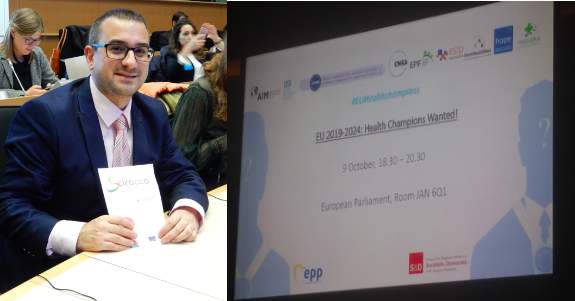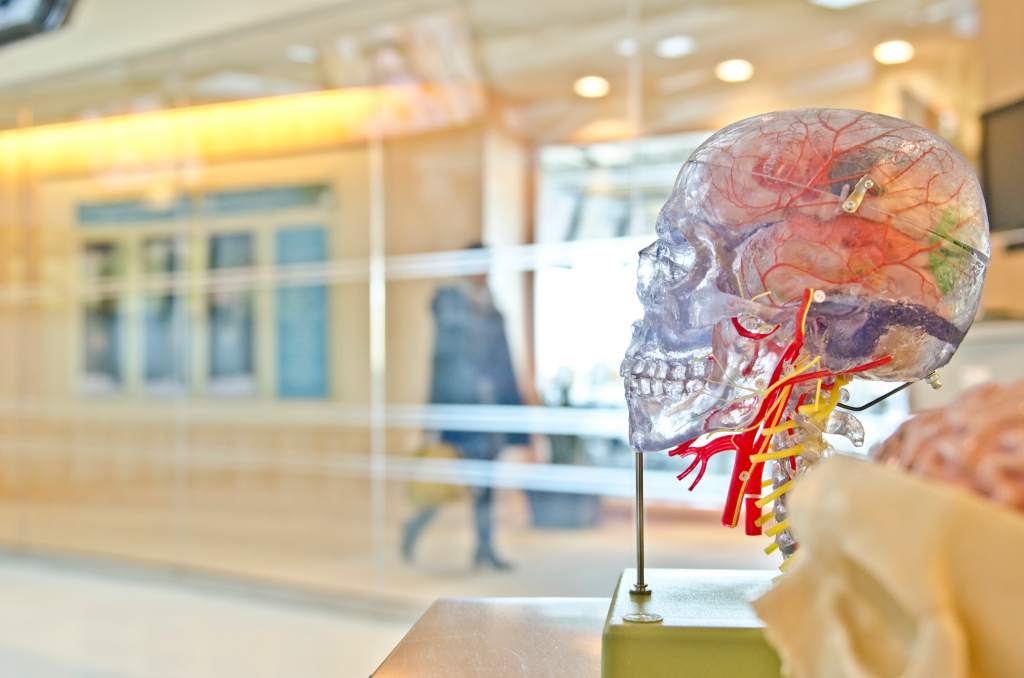EU4Health 2021-2027 is Adopted: Resilience, Innovation and Accessibility

On March 26, the European Commission announced the entry into force of the new EU4Health Programme to support the resilience and innovation of health systems across Europe throughout the period ... Read More













